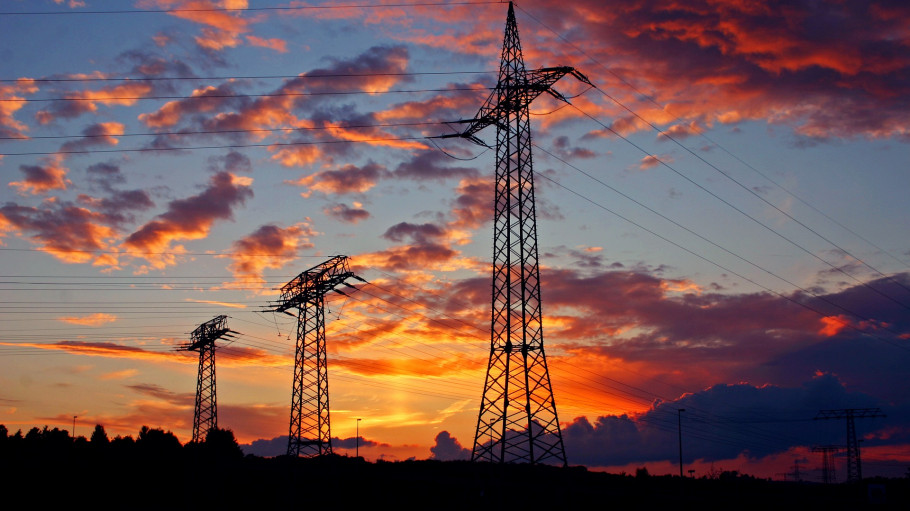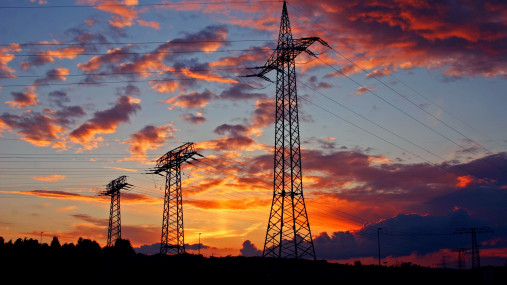
Press releases » Press statement on the extension of EU anti-dumping measures on imports of ‘GOES’
Press statement on the extension of EU anti-dumping measures on imports of ‘GOES’
Downloads and links
Recent updates

Brussels, 18 January 2021 – EUROFER welcomes the extension for another five years of EU anti-dumping measures on imports of grain-oriented flat-rolled products of silicon-electrical steel (“GOES”) from China, Japan, South Korea, Russia and the US. This important step will help EU GOES producers keep contributing to Europe’s energy efficiency and climate targets of reducing greenhouse gas emissions.
GOES is a highly specialised steel product manufactured by only around 20 mills in the entire world, out of which four are located in the European Union. GOES is a vital component in the production of transformer cores and is therefore crucial for the maintenance and expansion of the EU electrical grid. GOES is also vital for the further development of the e-mobility sector.
The European GOES producers have been facing substantial injury by dumped imports from Asian, Russian and American mills for many years.
While GOES has never been covered by the EU steel safeguard measures since their introduction in 2015, anti-dumping duties in the form of Minim Import Prices (MIPs) have instilled a degree of stability and confidence into the market that has enabled European producers to accelerate research and development, and to produce the top grades with the required maximum guaranteed low core loss needed to meet EU standards under the EcoDesign Regulation.
“The EU energy security and climate objectives can only be met by maintaining a viable European GOES industry”, said Axel Eggert, Director General of the European Steel Association (EUROFER). “GOES is a strategic, high-end product, and the European Union cannot be dependent for its supply on foreign mills located in Asia, Russia or the United States”, added Mr Eggert.
[1] https://eur-lex.europa.eu/legal-content/EN/TXT/?uri=uriserv%3AOJ.L_.2022.010.01.0017.01.ENG&toc=OJ%3AL%3A2022%3A010%3ATOC
Contact
Lucia Sali, Spokesperson and Head of Communications, +32 2 738 79 35, (l.sali@eurofer.eu)
About the European Steel Association (EUROFER)
EUROFER AISBL is located in Brussels and was founded in 1976. It represents the entirety of steel production in the European Union. EUROFER members are steel companies and national steel federations throughout the EU. The major steel companies and national steel federation of Turkey and the United Kingdom are associate members.
The European Steel Association is recorded in the EU transparency register: 93038071152-83.
About the European steel industry
The European steel industry is a world leader in innovation and environmental sustainability. It has a turnover of around €170 billion and directly employs 330,000 highly-skilled people, producing on average 160 million tonnes of steel per year. More than 500 steel production sites across 22 EU Member States provide direct and indirect employment to millions more European citizens. Closely integrated with Europe’s manufacturing and construction industries, steel is the backbone for development, growth and employment in Europe.
Steel is the most versatile industrial material in the world. The thousands of different grades and types of steel developed by the industry make the modern world possible. Steel is 100% recyclable and therefore is a fundamental part of the circular economy. As a basic engineering material, steel is also an essential factor in the development and deployment of innovative, CO2-mitigating technologies, improving resource efficiency and fostering sustainable development in Europe.

Download files or visit links related to this content
Brussels, 20 February 2026 – EU steel exports to the United States fell by 30% in the second half of 2025 compared to the same period in 2024, after the imposition of 50% tariffs according to new Eurostat data. The expansion of the U.S. tariff regime to include downstream steel-intensive products, such as machinery and equipment, is expected to amplify its impact on both EU steel producers and their customers. The European Steel Association (EUROFER) said the figures underscore the need for any EU-US trade agreement to be fair, balanced and enforceable.
Joint Industry Statement
Brussels, 11 February 2026 - The European Steel Association (EUROFER) has backed a call to action adopted by European companies and industries in Antwerp today, which includes a demand on the EU to take urgent action to bring electricity prices down as a condition for Europe’s industrial drive, competitiveness and economic resilience.